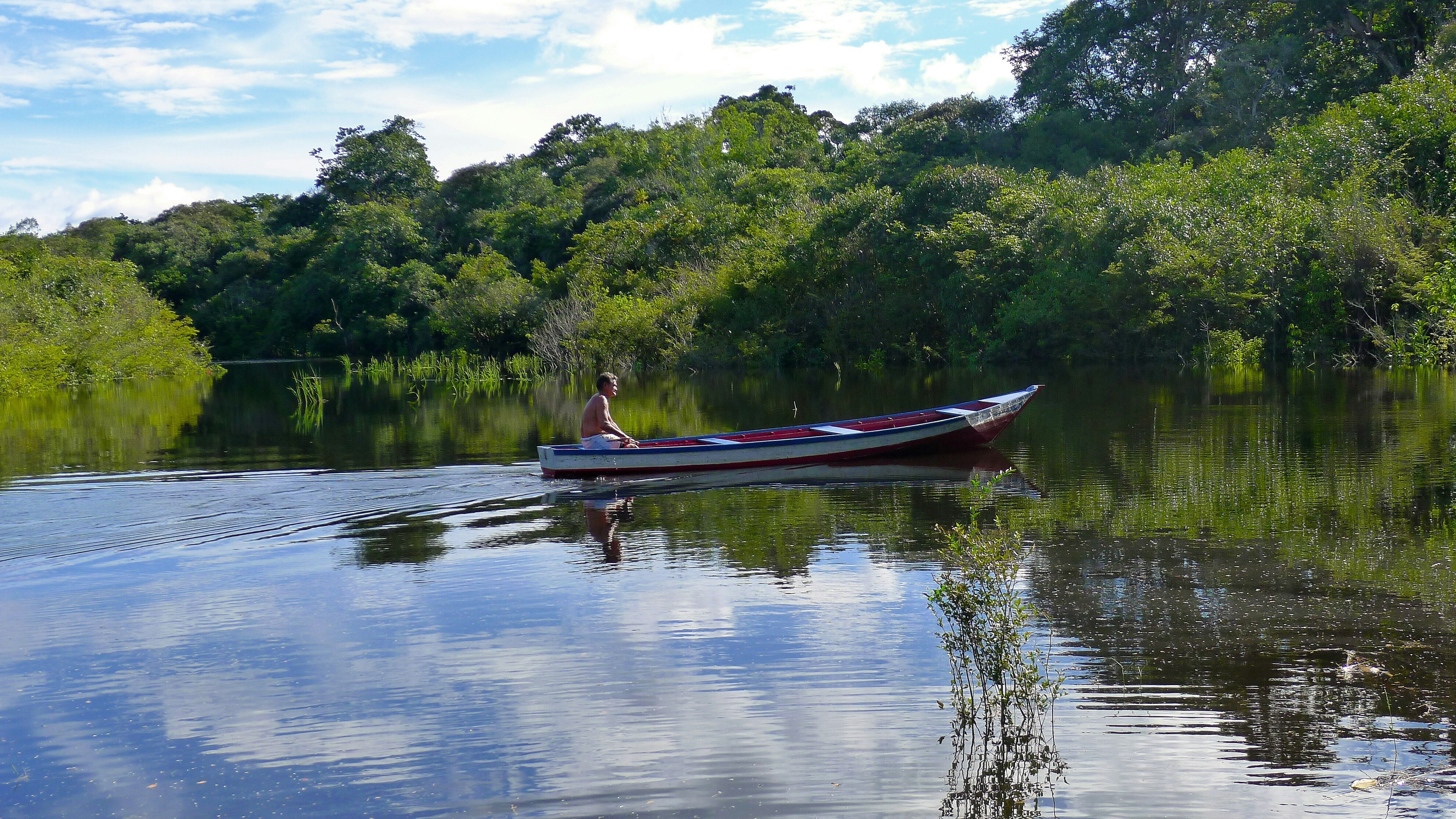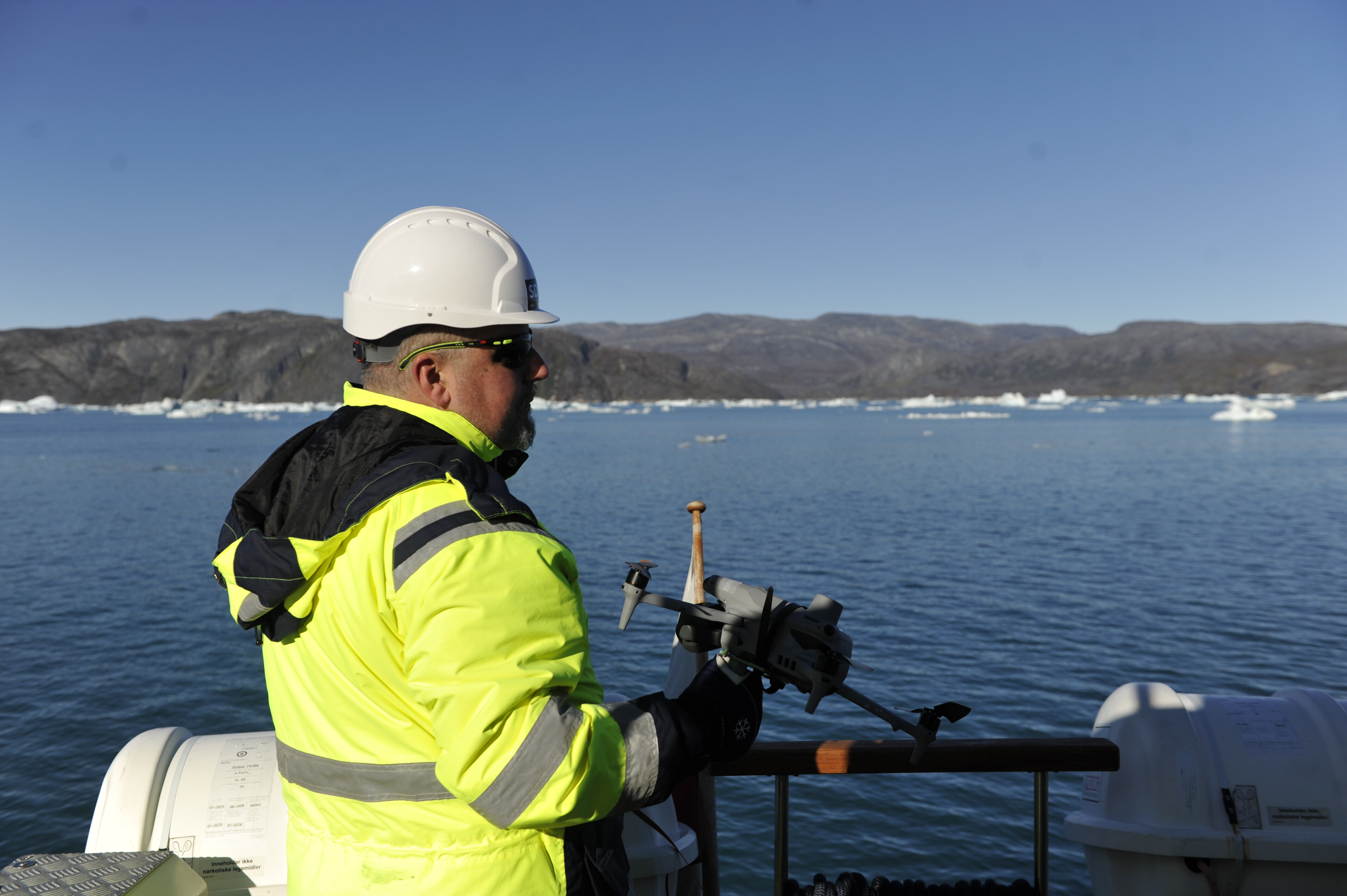Richer nations divided over climate crisis funding for poor countries, and other nature and climate stories you need to read this week

Emerging market and developing economies outside China account for only around 15% of global clean energy spending, says new IEA report. Image: REUTERS/Amit Dave
- This weekly round-up contains the key nature and climate news from the past week.
- Top nature and climate news: Richer nations unable to reach consensus on climate change funding for poor countries; Efforts to protect ozone layer a ‘huge success’; Tourist sites closed as heatwave grips Greece.
1. Countries cannot agree on spending to help poor nations fight climate change
Richer countries cannot agree on how much to spend to help the developing world fight climate change.
This year's United Nations (UN) Climate Summit, COP29, in Azerbaijan in November is set to be dominated by talks over the global funding bill. Almost 200 countries need to agree on a new annual target for helping poorer countries cut their emissions and better protect their people from the impact of climate change.
Preliminary talks in Bonn, Germany, last week ended without progress on the amount each nation should contribute to the fund.
The new fund will replace the $100 billion a year that rich countries had vowed to provide in climate finance from 2020 – although that target was not met until 2022.
Executive Secretary of the UN Framework Convention on Climate Change, Simon Stiell, said in February that the world needs to mobilize at least $2.4 trillion per year to meet climate change goals.
Spokespeople for the nations who would receive support from the fund said it was frustrating that wealthy countries were dragging their heels over climate finance but speedily pledging money for military responses to war or subsidizing energy sources that emit carbon.
"It seems like money is always there when it's a more 'real' national priority for the country," Michai Robertson, negotiator for the Alliance of Small Island States, told Reuters.
The International Energy Agency’s World Energy Investment 2024 report shows that emerging market and developing economies beyond China account for only around 15% of global clean energy spending.
2. Efforts to protect ozone layer a huge success, study finds
Efforts to protect the ozone layer have been a “huge global success”, say scientists, as the amount of damaging gases in the atmosphere has decreased more quickly than expected.
A new study by a team of international scientists found that the amount of ozone-depleting chlorine in all hydrochlorofluorocarbons (HCFCs) peaked in 2021, five years earlier than predicted.
The decrease in HCFCs – once common in manufacturing hundreds of products such as refrigerators and aerosol sprays – is primarily due to the 1987 Montreal Protocol, which brought in controls on the use and production of ozone-depleting substances.
Lowering the amount of HCFCs should help reduce global warming, said a spokesman from the University of Bristol, which led the study.
Dr Western said: “The results are very encouraging. They underscore the great importance of establishing and sticking to international protocols.
“Without the Montreal Protocol, this success would not have been possible, so it’s a resounding endorsement of multilateral commitments to combat stratospheric ozone depletion, with additional benefits in tackling human-induced climate change.”
How is the World Economic Forum fighting the climate crisis?
3. News in brief: Other top nature and climate stories this week
Ancient tourist sites in Athens were closed last week as temperatures reached 43°C during a heatwave in Greece. The Acropolis and other nearby tourist attractions were shut, while many primary schools and nurseries across the country were closed to protect students from the extreme heat.
An "ambitious" programme of climate policies should be a commitment for all political parties, says a group of the United Kingdom’s top climate scientists as the nation prepares for the General Election on 4 July. In an open letter, 408 academics said the parties would not deserve support if they didn’t pledge.
US President Joe Biden’s administration has been asked to advise on whether Honolulu should be able to sue oil companies for allegedly misleading the public over the contribution of their fossil fuel emissions to the climate crisis. The Supreme Court of the United States has requested the administration's opinion before deciding whether to hear an appeal after Hawaii's highest court ruled the litigation could proceed to trial.
Russia’s war on Ukraine caused more greenhouse emissions in the first two years of the conflict than those generated individually by 175 countries, and $32 billion of climate damage, according to a new study. At least 175 million tonnes of carbon dioxide equivalent (tCO2e) were emitted in 24 months as a result of the invasion, the report concluded.
A record-breaking amount of rain hit Florida last week, with officials warning residents to avoid potentially "life-threatening flooding". The Tampa Bay area saw 8 inches of rain in just three hours on 11 June – an amount only expected once every 500 to 1,000 years.
More on the nature and climate crisis on Agenda
There are "positive tipping points" that could help the world accelerate out of climate disaster, according to Professor Tim Lenton. Find out more about them and how they can be triggered.
Around 600 million additional housing units need to be constructed to meet the UN Sustainable Development Goals by 2030. Here’s how low-carbon cement can help achieve this goal.
To ensure a safe water future for all, more investment in water is needed globally, but long buying cycles, risk-averse institutions and complex regulations are putting potential investors off. Now the World Economic Forum has co-published a guide designed to demystify water investment.
Related topics:
More on Climate Action and Waste Reduction See all
Wee Kean Fong and Yvonne Zhou
November 19, 2025






